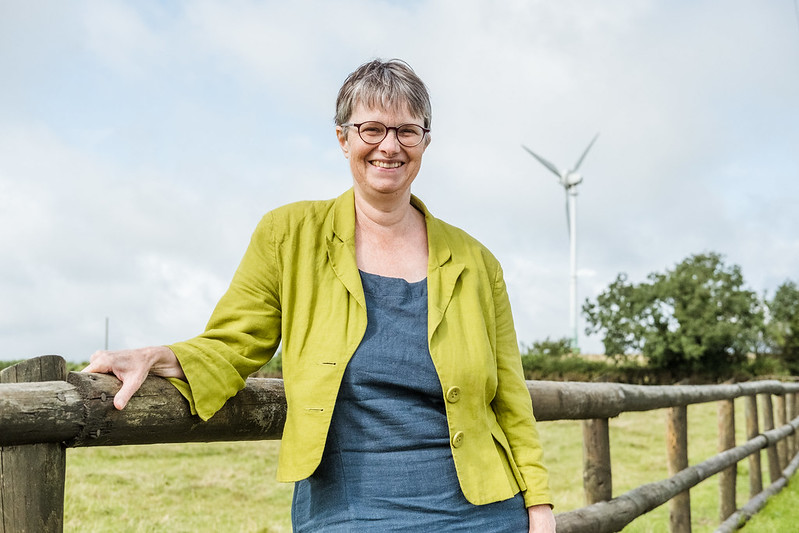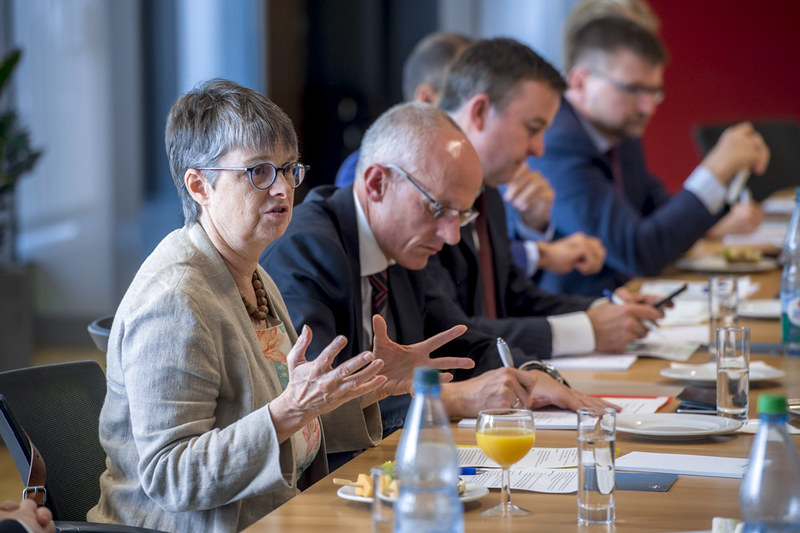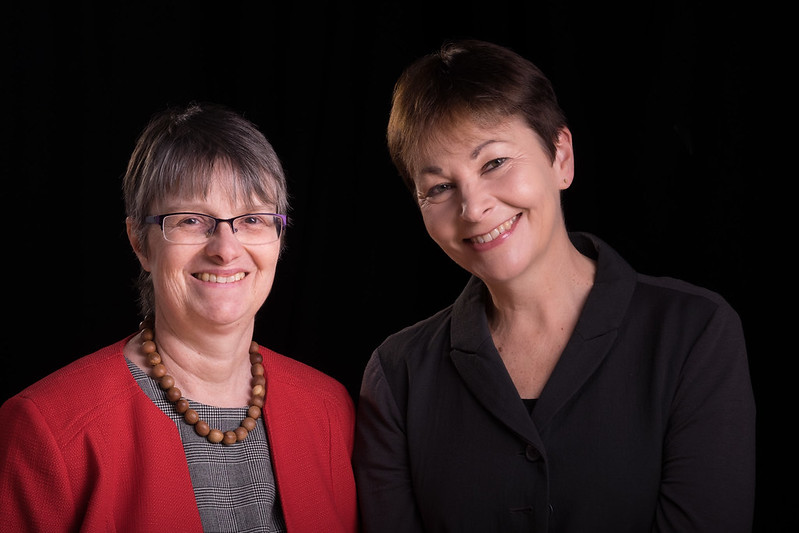Molly Scott Cato is MEP for the South West of England and was previously Professor of Green Economics at Roehampton University. She speaks for the Green Party of England and Wales on finance issues. Molly also has expertise in the issues of renewable energy; trade; food and farming; and co-operatives and mutuals.
Molly grew up in Bath, which she left to study Politics, Philosophy and Economics at Oxford University. Following a career in publishing she took a PhD in Economics from the University of Wales, Aberystwyth focusing on employment in the South Wales Valleys. She has written several books including Green Economics (2009), Environment and Economy (2011) and The Bioregional Economy (2012) as well as numerous academic papers.
Molly has three children and lives between Brussels and Bristol. She has spent a lifetime involved with social movements and community activity including the Transition Towns and Stroud Community Agriculture in her hometown. She enjoys singing, basket-making and bodging.
Kay Adams: What abiding memories will you take away with you from Brussels?
Molly Scott Cato: It’s all about the people I’ve met. My Green colleagues are truly inspiring and I’m so proud of what we’ve achieved together. I have also had the privilege of meeting a huge range of people from indigenous Brazilian women fighting the destruction of the Amazon, to the Dalai Lama, to determined anti-Brexit campaigners and people fighting tax evasion. It worries me deeply that these personal connections will be lost when we no longer have British MEPs.
Sue Wilson: If you could have done anything differently over the last 4 years to fight Brexit, what would it be?
Molly Scott Cato:I am a person who relies a lot on truth and data. I think it is true that we should have used arguments about identify and emotional connection more during the referendum campaign, but I am glad that we didn’t resort to the propaganda and disinformation that won the argument for Leave.
Tracy Rolfe: If a serious campaign was launched for the UK to re-join the EU, would you aim to get involved, & what would be the likely timeframe?
Molly Scott Cato: Now that we are definitely leaving I think we need to allow the Brexit project to fail convincingly before we begin campaigning to rejoin. But that is my dream and I believe it will happen after a decade or so because young people feel themselves to be Europeans. In the mean time we need to keep close relationships through friendship groups and twinning.
John Moffett: Would you consider running again in the next general election?
Molly Scott Cato: I intend to spend the next four years doing everything I can to ensure that the next election is fought on the basis of a deal that guarantees a fair voting system. My decision about whether or not to stand depends on how successful that campaign is.
Zoe Adams Green: How likely is a no trade deal at the end of 2020, in your opinion & what can we do to prevent it?
Molly Scott Cato: I think we will end up in the eyeball-to-eyeball situation again at the end of 2020. Last time Barnier blinked over the level playing-field and I think we will all pay the price for that. But once we are out the EU has greater power so I think we will get to the brink but then Johnson will blink, meaning sacrificing some rights and opportunities that are really important to our society and economy. It’s hard to define what, at present, but the farmers and fishermen I represent look pretty vulnerable.
Michael Soffe: What are your plans after you lose your MEP role at the end of January?
Molly Scott Cato: I have six months of transitional allowance and I intend to spend that time holding the government to account over its negotiations and building up close European links to replace those we are losing. After that I have no idea.
Many thanks to Molly for taking part and we wish her well as she leaves Brussels.








